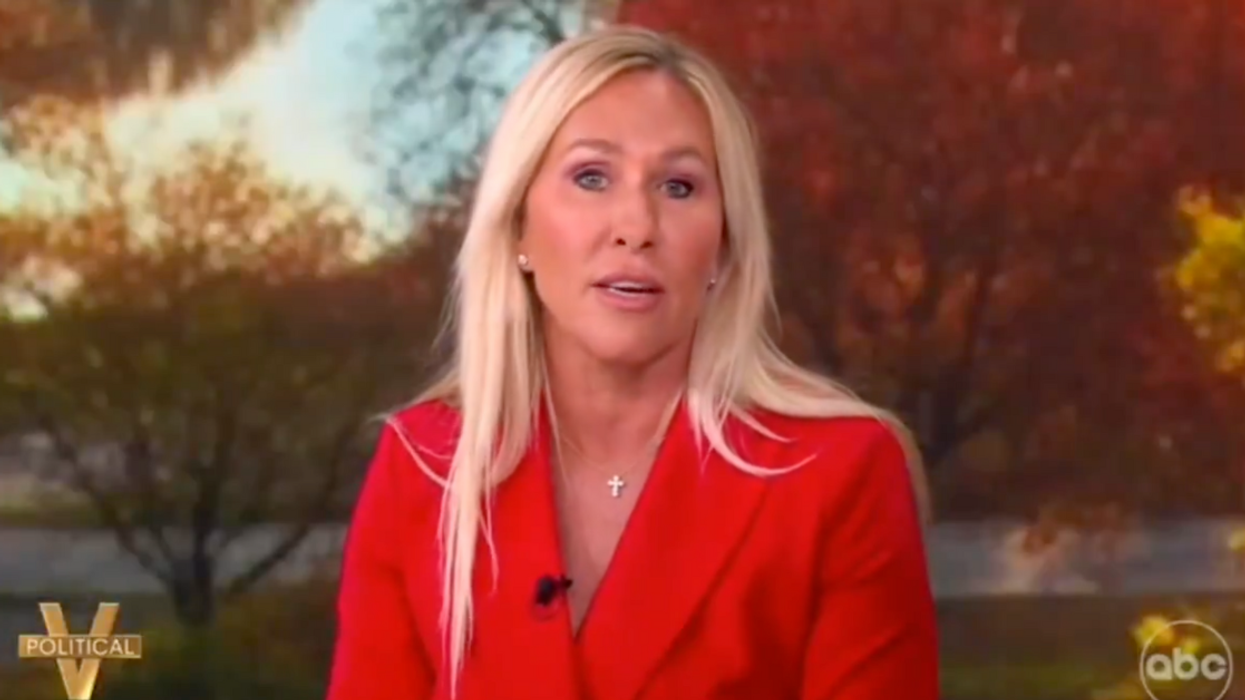President Donald Trump took to Twitter on Friday, hailing the defense spending bill awaiting his signature after passing in the Republican-dominated Senate.
While Trump praised the bill for its inclusion of border wall and space force funding, he didn't mention a quiet edit made by the Senate from the version passed by the House.
The Democratic dominated House included an allocation to study a possible screening program to detect white nationalist enlistments in an effort to lessen the growing threat of white supremacy in the military.
The Senate struck the words “white nationalist" from the bill, only mandating the Defense Department to screen for “extremist and gang-related activity."
The change drew stark opposition from Democrats in the House including Congressman Pete Aguilar (D-CA), who introduced the original amendment:
"I introduced my amendment because keeping this hateful ideology out of our military is crucial to our national security and to the safety of our service members. We can't address the problem if we won't acknowledge there is one, which is why I was disappointed by the Senate Republicans' decision to strike this language."
A poll released earlier this year indicated that white supremacist infiltration of the military maintains a continued presence in the military, with roughly one in five service members noticing the casual use of slurs and other incidents.
According to officials, white supremacists are drawn to the military in a desire to learn tactical and combat training for a race war they believe is imminent.
One anonymous service member, who is Muslim, said in the poll:
*I have several colleagues who have said they are 'alt right,'" wrote one anonymous service member. "They make very clear statements of strong hatred against blacks, Muslims, Hispanics and immigrants in general. They punish others by withholding favorable assignments, actions, etc. I had no idea so much hatred was present in our country (and military) before this president was elected; it's horrifying."
With the Senate's new language, screenings won't focus on white supremacist leanings, but broader inclinations for extremism, unlikely to address the problem of white supremacy as effectively.
People didn't take kindly to the Senate's edits.

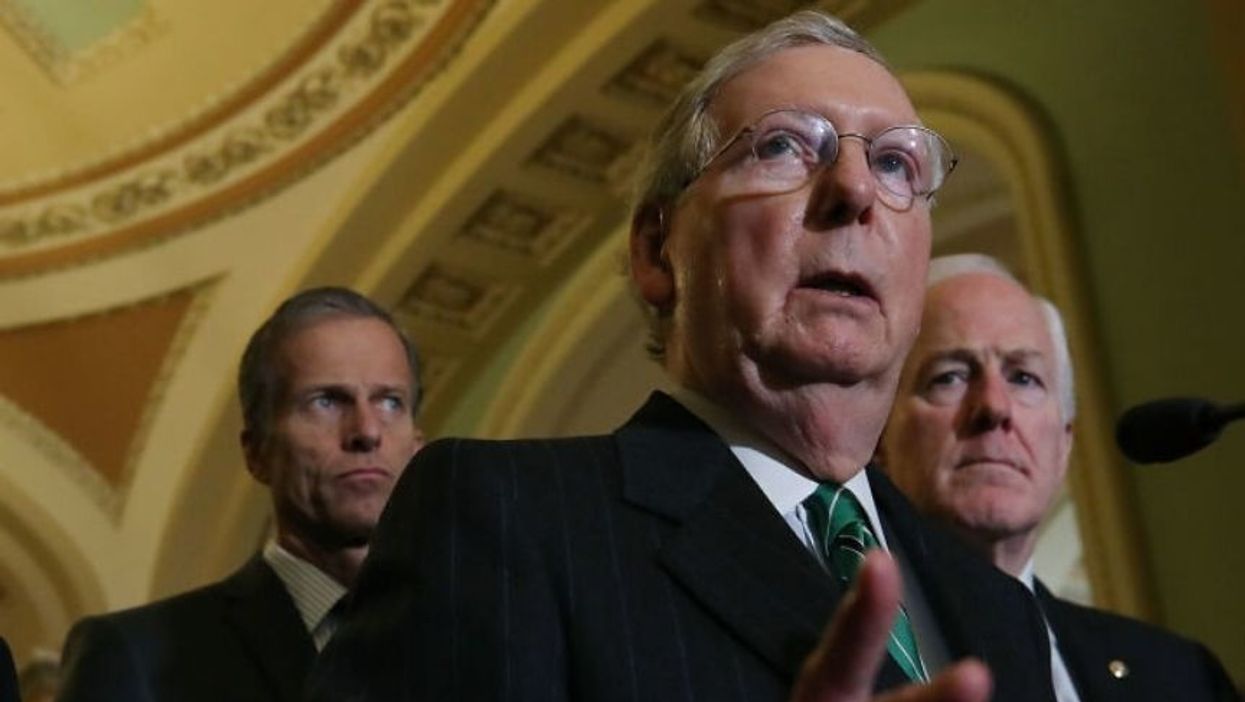


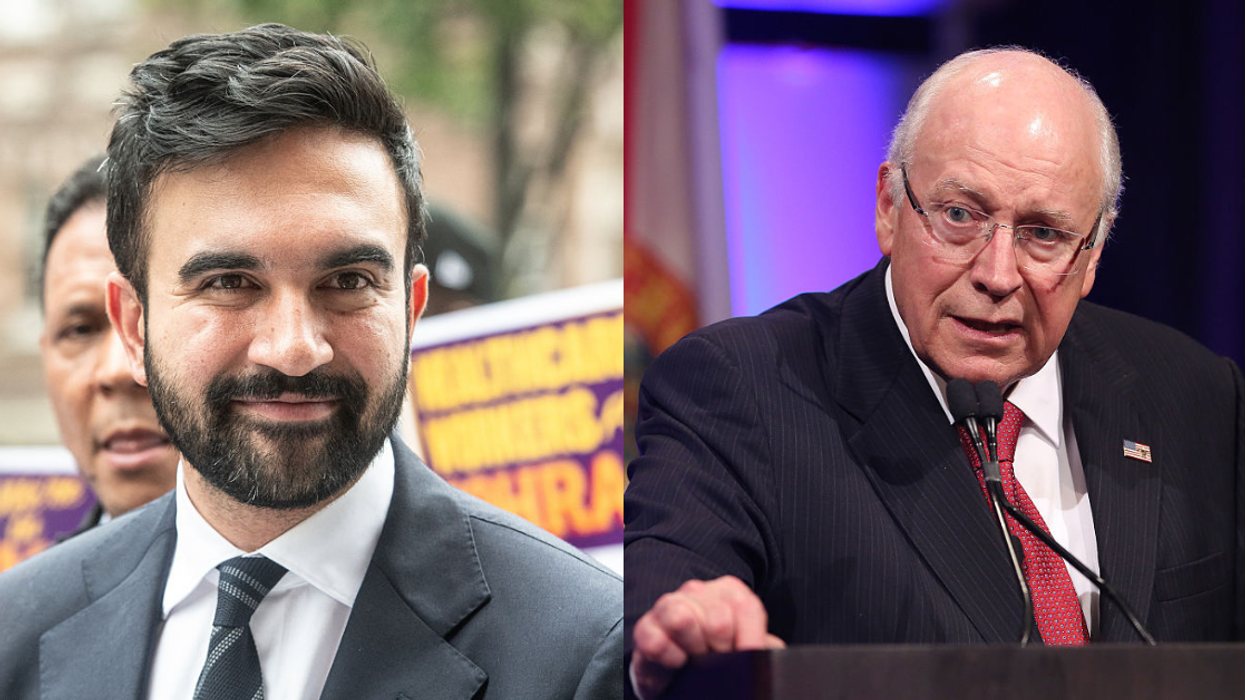


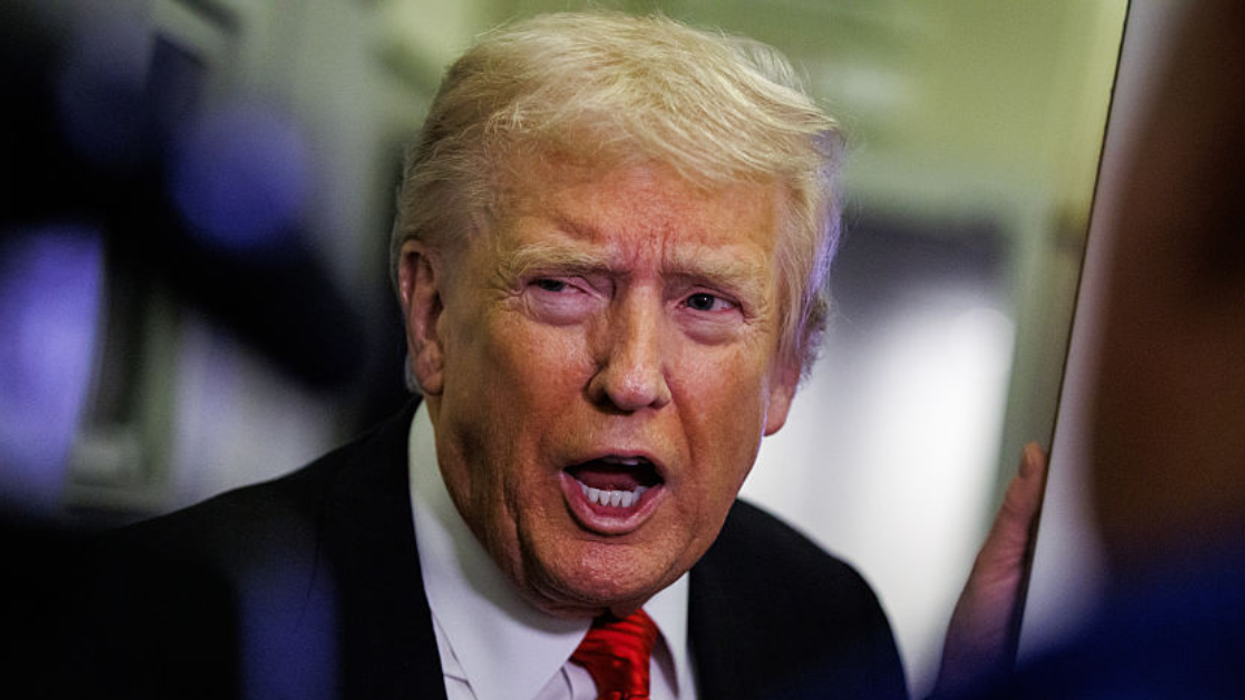
 @realDonaldTrump/Truth Social
@realDonaldTrump/Truth Social @realDonaldTrump/Truth Social
@realDonaldTrump/Truth Social @realDonaldTrump/Truth Social
@realDonaldTrump/Truth Social @realDonaldTrump/Truth Social
@realDonaldTrump/Truth Social





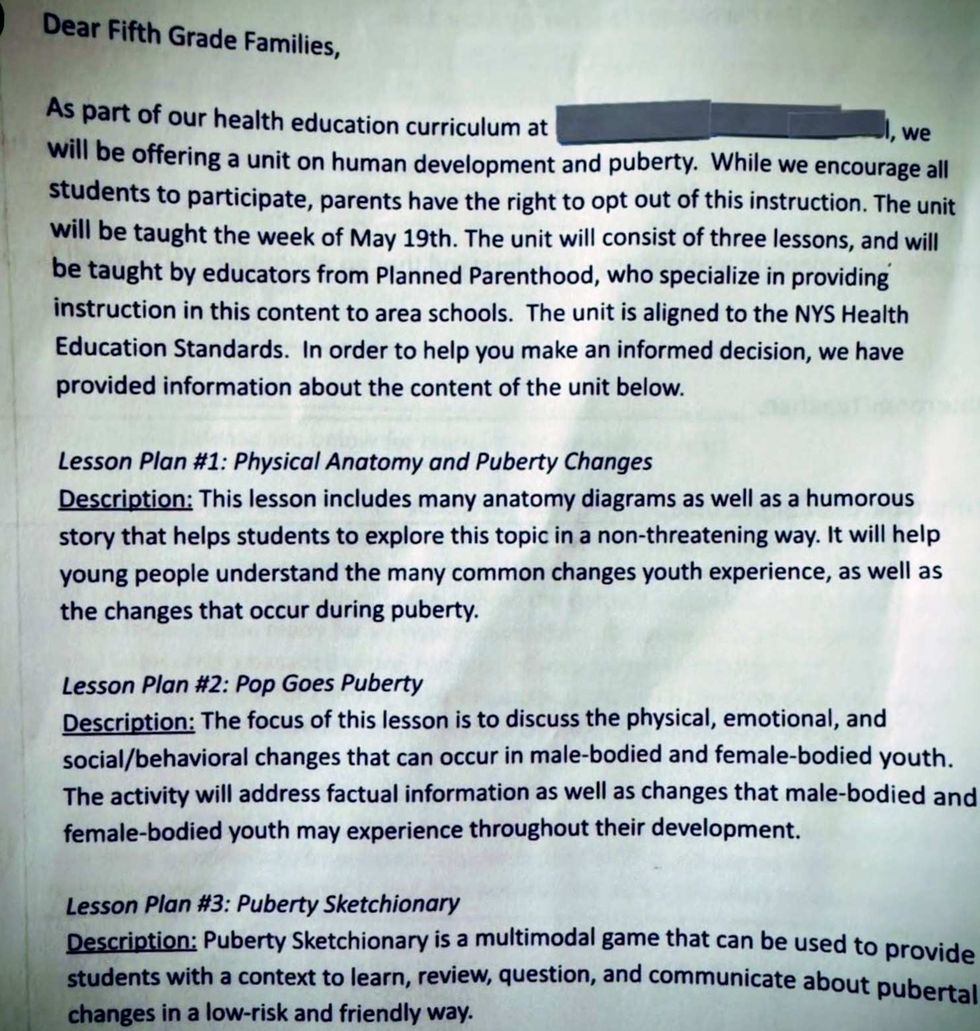 @deltaozzimo/X
@deltaozzimo/X @deltaozzimo/Instagram
@deltaozzimo/Instagram Sh*tposting 101/Facebook
Sh*tposting 101/Facebook @deltaozzimo/X
@deltaozzimo/X Sh*tposting 101/Facebook
Sh*tposting 101/Facebook Sh*tposting 101/Facebook
Sh*tposting 101/Facebook Sh*tposting 101/Facebook
Sh*tposting 101/Facebook @deltaozzimo/X
@deltaozzimo/X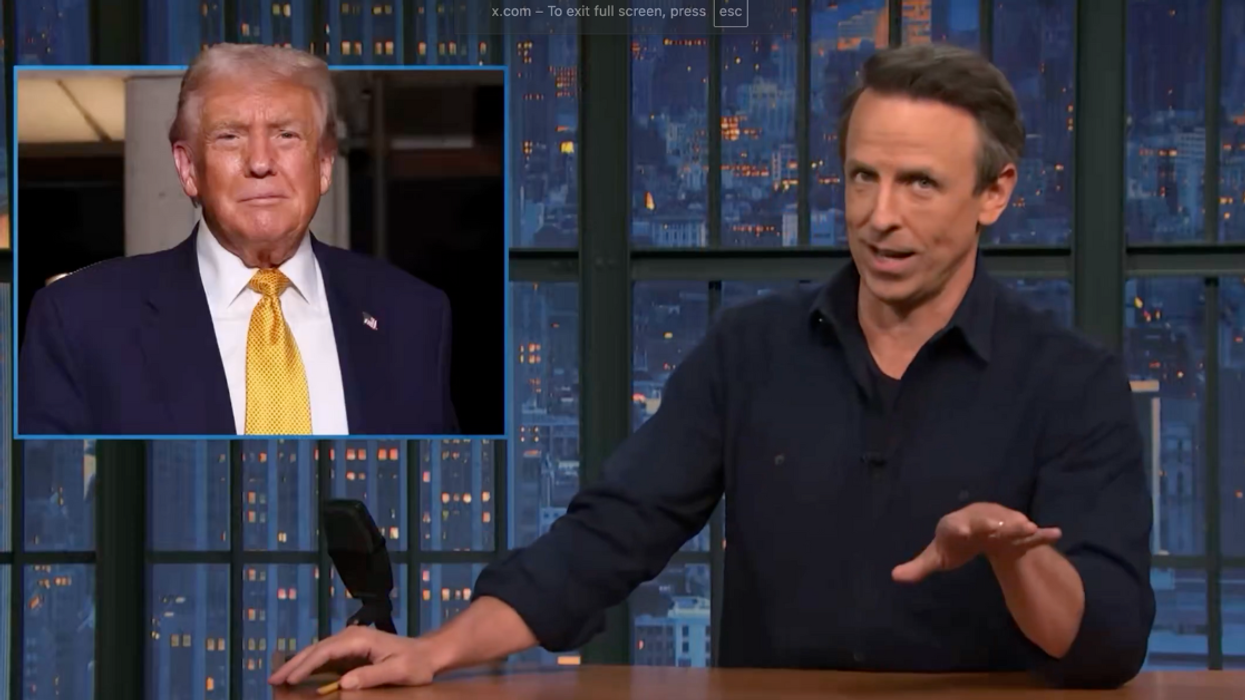
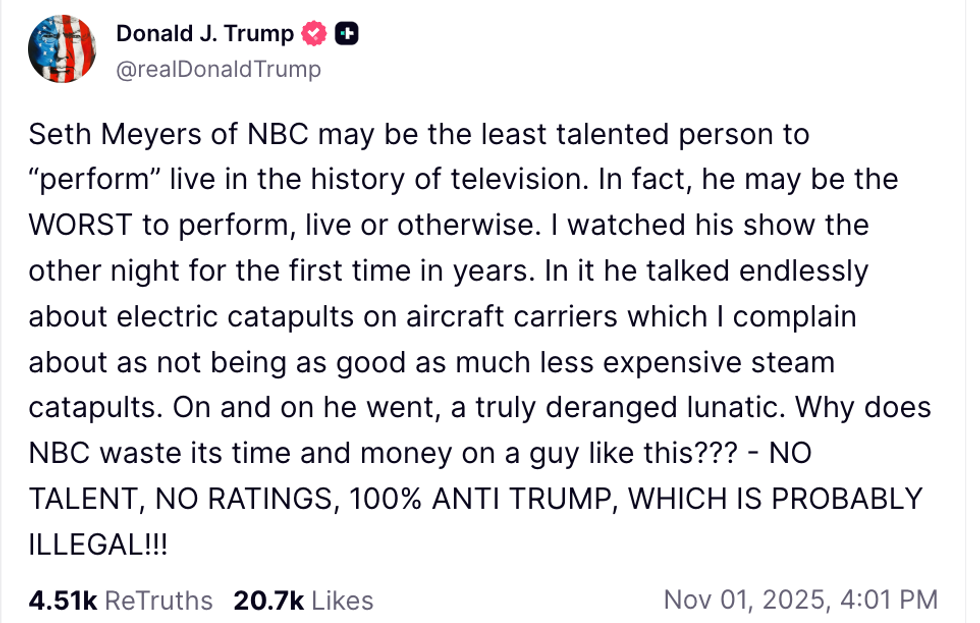 @realDonaldTrump/Truth Social
@realDonaldTrump/Truth Social
 @rootednjoyy/TikTok
@rootednjoyy/TikTok @rootednjoyy/TikTok
@rootednjoyy/TikTok @rootednjoyy/TikTok
@rootednjoyy/TikTok @rootednjoyy/TikTok
@rootednjoyy/TikTok @rootednjoyy/TikTok
@rootednjoyy/TikTok @rootednjoyy/TikTok
@rootednjoyy/TikTok @rootednjoyy/TikTok
@rootednjoyy/TikTok @rootednjoyy/TikTok
@rootednjoyy/TikTok @rootednjoyy/TikTok
@rootednjoyy/TikTok @rootednjoyy/TikTok
@rootednjoyy/TikTok @rootednjoyy/TikTok
@rootednjoyy/TikTok @rootednjoyy/TikTok
@rootednjoyy/TikTok @rootednjoyy/TikTok
@rootednjoyy/TikTok @rootednjoyy/TikTok
@rootednjoyy/TikTok
 @rootednjoyy/TikTok
@rootednjoyy/TikTok @rootednjoyy/TikTok
@rootednjoyy/TikTok @rootednjoyy/TikTok
@rootednjoyy/TikTok @rootednjoyy/TikTok
@rootednjoyy/TikTok @rootednjoyy/TikTok
@rootednjoyy/TikTok @rootednjoyy/TikTok
@rootednjoyy/TikTok @rootednjoyy/TikTok
@rootednjoyy/TikTok @rootednjoyy/TikTok
@rootednjoyy/TikTok @rootednjoyy/TikTok
@rootednjoyy/TikTok @rootednjoyy/TikTok
@rootednjoyy/TikTok